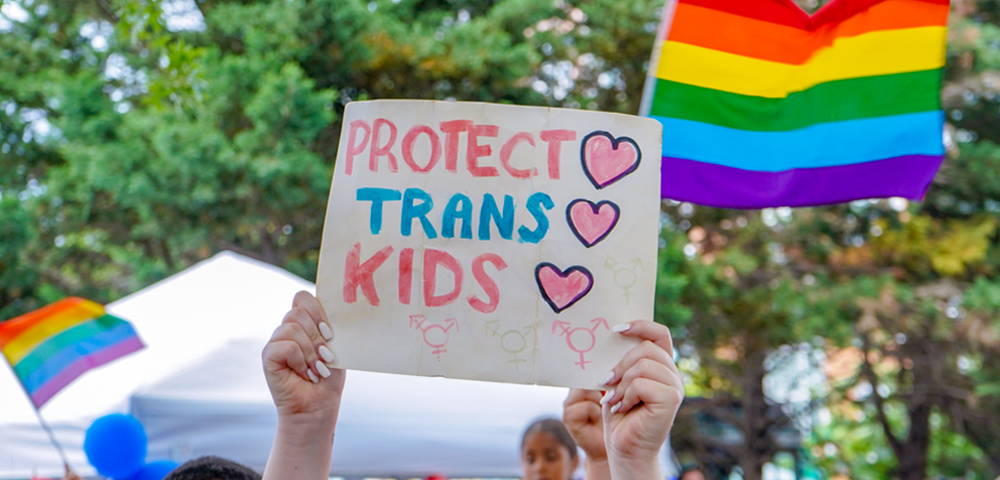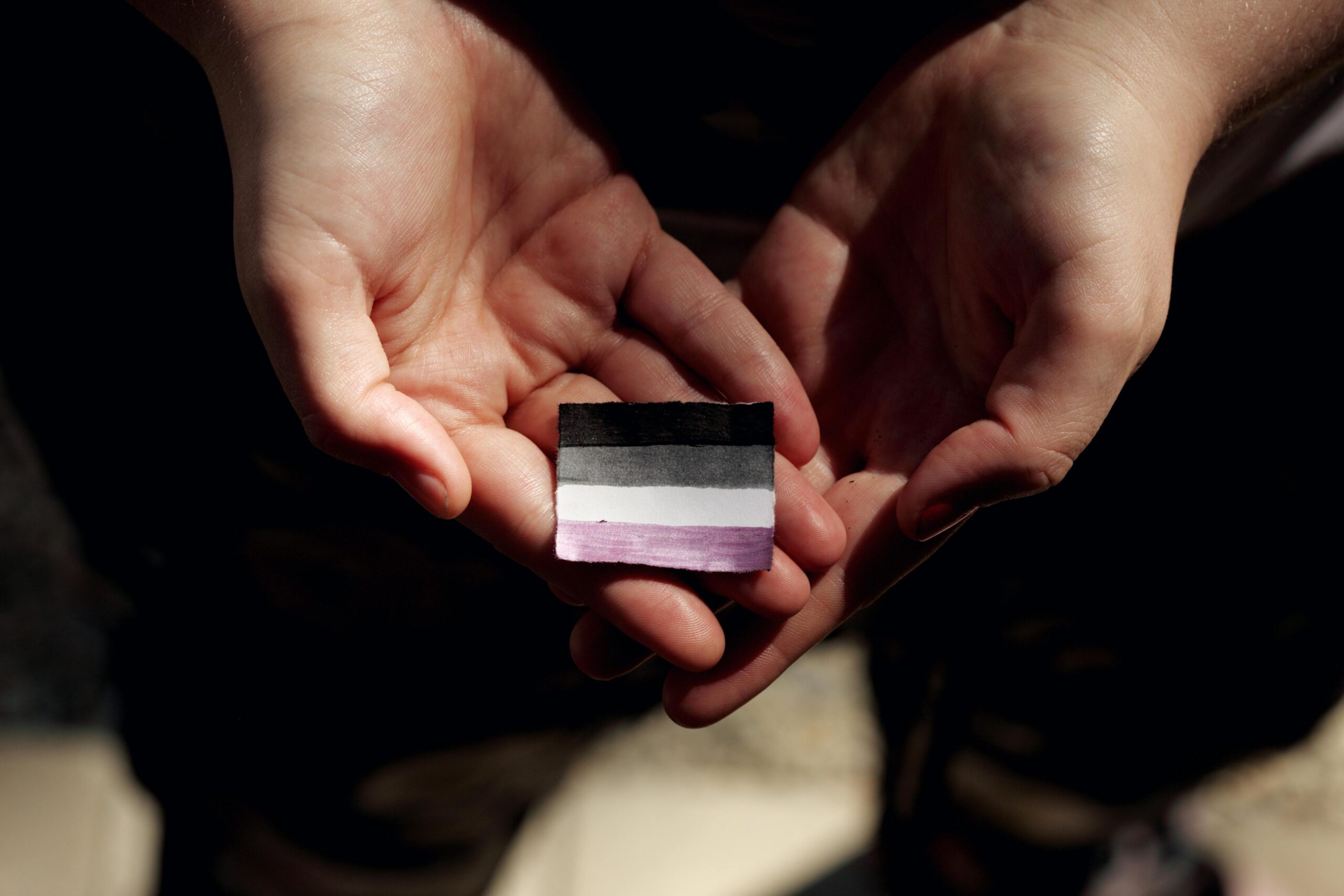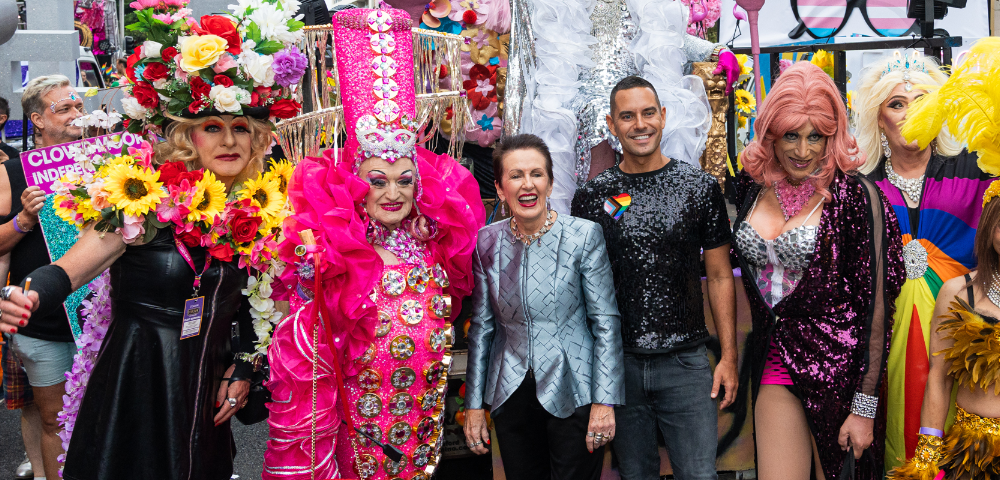

LAST month’s defeat of Arizona’s “religious freedom” bill, SB1062, heralded a larger victory for the US gay rights movement.
If successful, the bill would have allowed businesses sued in a civil case to claim they have a legal right to not provide service to an individual or group because it would “substantially burden” their freedom of religion.
Its failure marked the first time that big business was largely responsible for a gay rights victory in the US. Apple actively lobbied Arizona Governor Jan Brewer to veto the measure. It had a large stake in the game, having announced in November 2013 that it would open a manufacturing plant in in Phoenix set to employ up to 700 workers.
The NFL then appeared to be preparing to move the 2016 Superbowl from the state should the bill be approved. That was enough for Brewer. She vetoed it.
Its defeat – and the defeat of a similar measure in Kansas a week prior – is most significant because it marks the beginning of the end in the battle for marriage equality in the US.
Supporters of SB1062 would have Americans believe it had nothing to do with the gay community. In fact, the bills are as good as a white flag from religious conservatives in their attempts to deny gay and lesbian couples the right to marry.
The battleground has now shifted significantly. State gay marriage bans are now falling like dominoes, struck down by federal courts in states as conservative as Texas. Last week, a federal judge ruled that Kentucky must recognise same-sex marriages performed in other states, arguing that to deny validly married same-sex couples equal recognition violated the US constitution.
Within a few years, the majority, if not all, US states will allow same-sex couples to marry (the current count is 17 states and the District of Columbia).
That leaves anti-gay conservatives with only the hope of Jim Crow-like laws to protect the devoted from having to serve married same-sex couples. The shadow of racial segregation apparently no deterrent, Arizonan lawmakers cited instances of litigation in other states, involving bakeries and photographers who refused to serve gay couples, as proof that God-fearing folk needed protection.
Arizona already has laws protecting individuals and businesses from state action interfering with their right to exercise their religion. This bill was an attempt to extend that cover to private transactions and was pushed by the Center for Arizona Policy, a social conservative group that opposes abortion and gay marriage.
Kansas’ bill was even more abominable. It would have directly allowed any individual, group, or private business to refuse to serve gay couples if “it would be contrary to their sincerely held religious beliefs”.
Attempts to pass SB1062 failed because of both the threats from big business and its advocates’ narrow definition of “religious freedom”. What they really meant was “Christian freedom”, and they soon began to realise its broad terms may well lead to a business owner with another religion having strong reservations about serving them.
Similar laws are currently being debated in US states, including Idaho, Mississippi, Missouri, Ohio, Oklahoma, South Dakota and Tennessee. If there’s a silver lining to the insidious appearance of these bills, it’s that it surely portents the last throes of the anti-equality movement around the US.
Drew Sheldrick is a former editor of Star Observer and is currently based in the Canberra Press Gallery as editorial manager of CCH Australia’s Political Alert service. Follow him on Twitter @drewsheldrick
Main photo credit: Jacob Tyler Dunn (Source: Facebook)










A business is not a church. It doesn’t matter whether you’re talking about a bakery or a restaurant, a photo studio or a factory. They aren’t in the business of providing spiritual guidance or enforcing moral doctrines. They are there to turn a profit. As such, they are obligated to abide by prevailing civil rights laws, whether those laws protect people from discrimination based on race, religion, or sexual orientation.
Conservative columnist Erick Erickson came to the defense of Christian business owners: “Committed Christians believe in a doctrine of vocation. They believe that their work is a form of ministry. Through their work, they can share the gospel and glorify God.”
Oh, and also rake in as much money as possible. You can wax poetic all you want about “glorifying God,” but at the end of the day these businesses wouldn’t exist were it not for the profit motive.
Should a restaurant owner be able to refuse service to Blacks because he has “moral objections” to race-mixing? Should an employer be able to fire a Muslim employee because he wants to run “a nice Christian workplace”? And if a Christian florist agrees to provide flower arrangements at a Muslim couple’s wedding, does it mean he is necessarily endorsing Islam?
If the answer to these questions is NO, what justification is there refusing service to a Gay couple who wish to get a wedding cake or celebrate their anniversary in a restaurant?